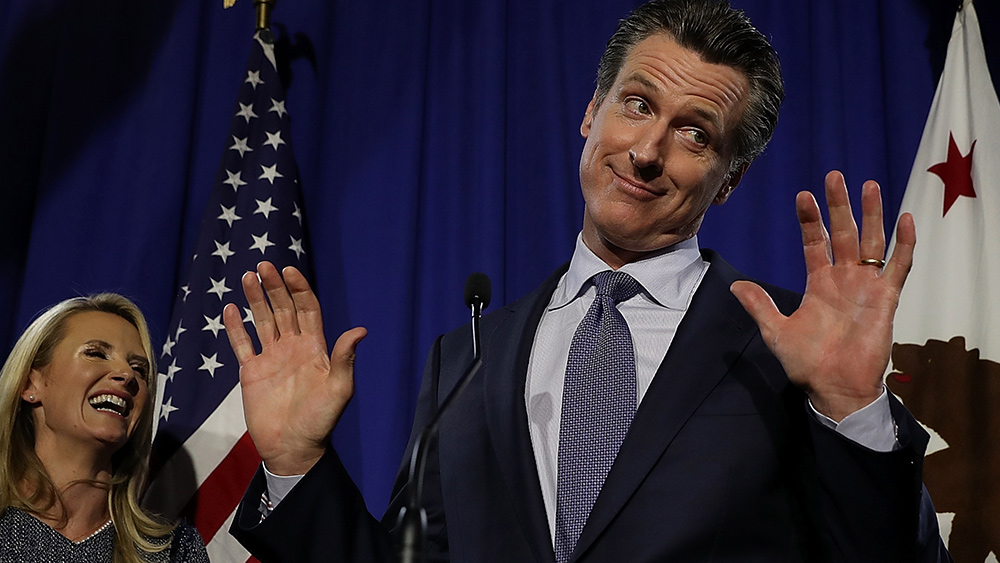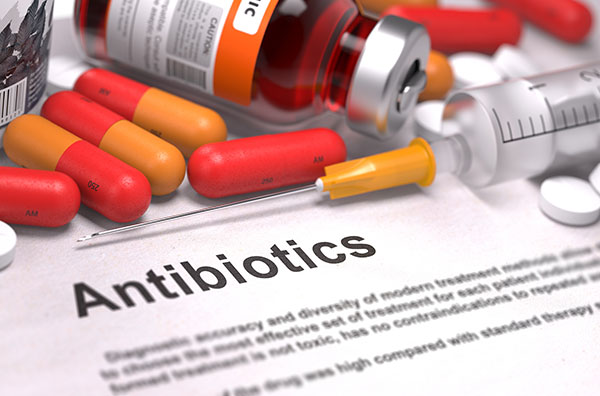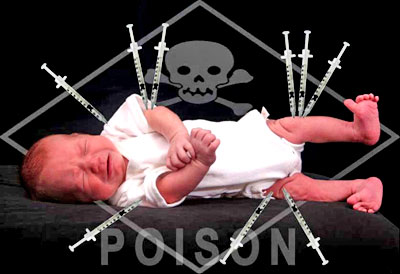 Parler
Parler Gab
Gab
The Los Angeles-based not-for-profit pointed out that any diagnosis of mental disorder, as listed in the American Psychiatric Association's book "Diagnostic and Statistical Manual of Mental Disorders" (DSM), cannot be detected or confirmed by any physical or neurobiological test, brain scan, or X-ray, the way medical diseases can. These diagnoses are always subjective, the watchdog noted. "This holds true whether the diagnosis comes from a practitioner or a mental health app. And the 'treatment' for any mental health disorder diagnosis, is nearly always psychiatric drugs." Psychiatrist Allen Frances, the former DSM-IV Task Force Chairman, agrees with this, emphasizing that there are no objective tests in psychiatry that say definitively that someone does or does not have a mental disorder. "There is no definition of mental disorder. It's bull–. I mean, you just can't define it," Frances said. As more people utilize mobile and computer applications – often because they are more convenient and "private" – they often do not have an inkling that manipulation is more rampant online; they are resorting to "consulting" these apps even when it comes to their mental health. Software developers, who are not even in the medical field, are taking advantage of this trend. Albert Fox Cahn, the founder and executive director of the New York-based civil rights and privacy group Surveillance Technology Oversight Project, recently told Insider of his own experience with AI-generated advertising and the mental health app, Cerebral. According to him, he encountered targeted ads on Instagram for the stimulant Adderall, promising an easy path to obtaining the ADHD drug through the said app. As per Cahn, this new trend of aggressive, data-driven marketing for habit-forming drugs draws parallels to the OxyContin crisis. In this case, targeted marketing led to widespread opioid addiction. So the anti-surveillance advocate, as well as the CCHR, called for the ban of targeted ads for dangerous drugs to prevent the same catastrophe from happening. "Above all, we need rules that ban targeted ads for drugs that can get patients hooked. The United States and New Zealand are the only countries in the world that allow direct-to-consumer marketing for prescription drugs. No matter what safeguards are in place, as long as companies can combine them, habit-forming medications and AI ad targeting will make a deadly cocktail," he stressed. According to IQVia's Total Patient Tracker Database (formerly IMS Health), 76,940,157 Americans are already prescribed psychiatric drugs, which carry 409 drug regulatory warnings citing dangerous side effects, including dependence, addiction, and a host of serious adverse reactions.Mental Health Apps & AI-Targeted Ads for Psychiatric Drugs Should Raise Alarm—The mental health app industry has surged with around 10,000-20,000 available, offering everything from assessment to treatment & potentially debilitating psychiatric drugs https://t.co/CT1YYPmt8k
— CCHR Int (@CCHRInt) July 27, 2023
Telehealth company is pushing Adderall to Gen Z on Tiktok
During the pandemic, the government waived a rule requiring that patients see an in-person provider before a controlled substance can be prescribed. This allowed totally remote telehealth or virtual care apps. From 2020 to 2021, prescriptions for Adderall and its generic equivalents increased by nearly 25 percent for the 22-44 age group. At the same time, those medications have experienced shortages. (Related: CDC: Prescriptions for Adderall and other stimulant drugs SPIKED during the COVID-19 pandemic.) Back in August of last year, senior Vox reporter Sara Morisson featured a 25-year-old food service worker from western Iowa, who came across TikTok influencer Connor DeWolfe's videos about attention-deficit/hyperactivity disorder, or ADHD. DeWolfe's posts showed up on Nick C.'s "For You" feed, which is effectively TikTok's homepage. Nick recognized some of the symptoms described by DeWolfe as things he also struggled with. "All of his content hit very close and I binge-watched almost all of it. Then more ADHD content started appearing," he said. He never consulted a specialist and had never been diagnosed with ADHD, but decided he had it and that stimulants would help. He just needed a diagnosis and prescription. And alas, the short-form video hosting platform made it easy for him as it started leading him to ads for a telehealth company called Done. The firm said its providers could diagnose patients with ADHD and write prescriptions, typically stimulants, in a matter of days. He was "evaluated" for about 15 minutes by one of Done's nurse practitioners and a few days later, walked out of his local pharmacy with a bottle of Adderall. "Scary easy. Sketchy as hell. But it worked for me," he said in a Reddit post at the time. It does not take a genius to see how something as convenient as this could lead to drug abuse and addiction. To think, the app evaluators are not even mental health practitioners and specialists.Sources for this article include:
CCHRInt.org Vox.comUS border crisis persists: Thousands of migrants continue to cross daily despite summer heat
By Arsenio Toledo // Share
Governments continue to obscure COVID-19 vaccine data amid rising concerns over excess deaths
By patricklewis // Share
Tech giant Microsoft backs EXTINCTION with its support of carbon capture programs
By ramontomeydw // Share
Germany to resume arms exports to Israel despite repeated ceasefire violations
By isabelle // Share










